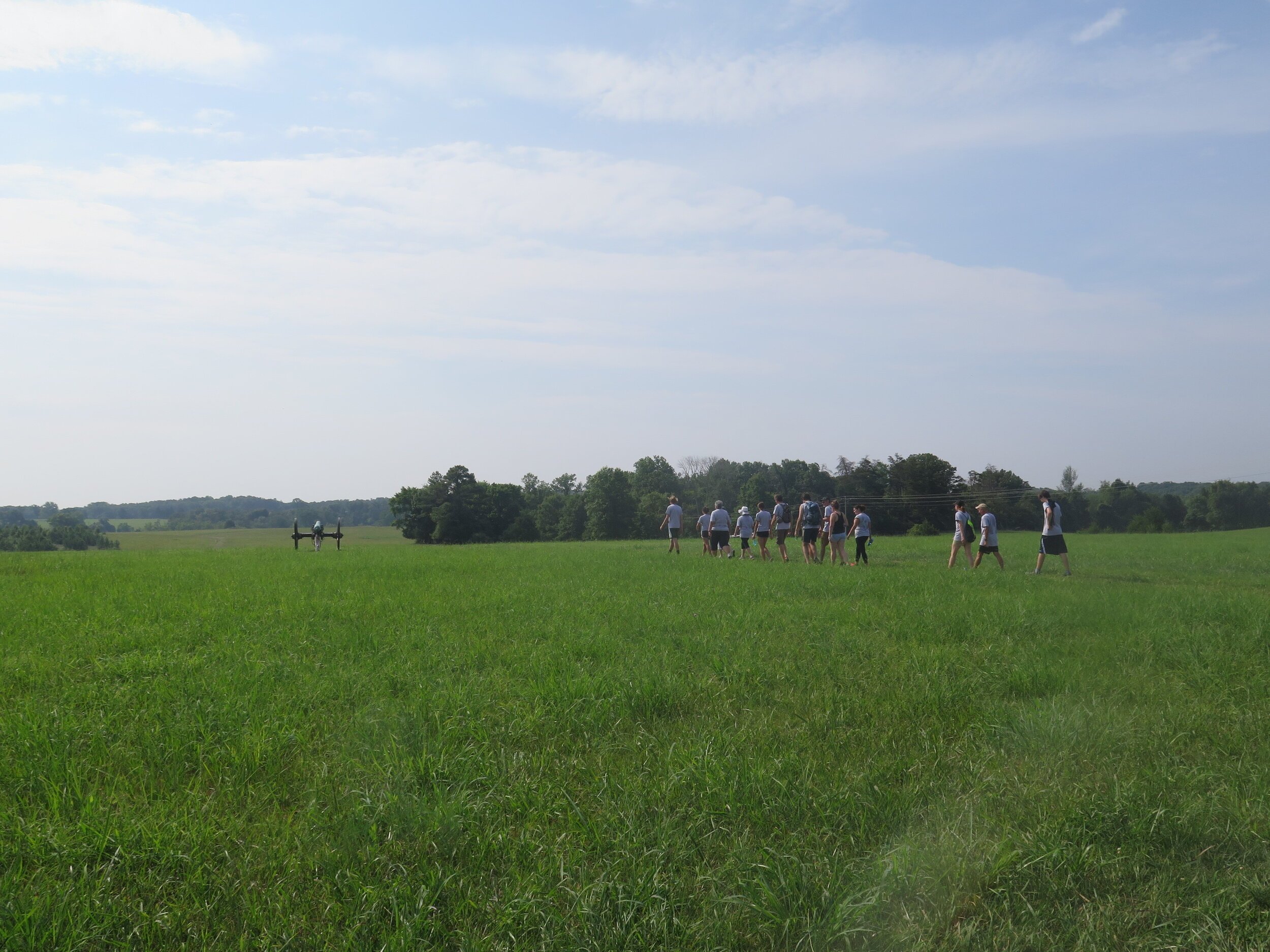
Blog Posts
Filter posts by topic:
Select a topic:
- ADR
- About Me
- Automobile Accident
- Child Inclusive Mediation
- Child Support
- Child custody
- Children
- Civil Case
- Collaborative Law
- Contractor
- Crime Victim
- Divorce
- Education Mediation
- Elder Law Mediation
- Estate Settlement Mediation
- Family Mediation
- Filing for Divorce
- Free Speech
- Health Care Mediation
- Ice and Snow
- Injuries
- Insurance
- Lawyer Wellness
- Mediation
- Name Change
- Negligence or Personal Injury Mediation
- Negotiation
- Parenting Plans
- Personal injuries
- Prison
- Real Estate and Housing Mediation
- Restorative Justice
- School
- Settlement
- Slip and fall
- Small Business Mediation
- Victim Offender Dialog
- West Virginia State Bar
- Wills and Estates
- Workplace Mediation
Search posts:
Free Mediation for Landlord-Tenant Disputes
The moratorium has been extended by the CDC prohibiting evictions for non-payment of rent through June, 2021. Waugh Law & Mediation is providing free online mediation services to landlords and tenants, subject to availability, through May 31, 2021.
Small Business Mediation Saves Money
We help small businesses resolve conflicts without incurring significant expenses and spending a lot of time in court. As a mediation attorney and mediator, we provide for mediation in the workplace. Whether you are interested in evaluative mediation or a more facilitative model, we have the skill to meet your needs.
Protecting Your Privacy During Online Mediations and Consultations
Whether I am working as a lawyer or as a mediator, clients should expect that all of our communications are confidential. This expectation applies to meetings over the telephone, in the office, or via video conference.
When I first began using video conferencing about ten years ago, we usually used Skype. However, I found it to be full of bugs and often impossible to sustain any long conversations without interruptions. We tried Adobe Connect and Google Hang-Out to help with courses I was teaching at Eastern Mennonite University’s Center for Justice and Peace. By 2015, I was working with the Virginia Mediation Network to organize regular webinars. Fortunately, the colleague that I was working with, Brian Gumm, taught me about zoom.us, and I’ve been a devoted user.
Zoom is much easier than the other platforms I explored. I’ve found it to be a great way to have online meetings with clients and colleagues as well as to conduct mediations. To preserve the privacy of the meeting, we follow specific procedures.
Online Dispute Resolution Provides Options to Resolve Conflicts (Without the Courts)
Last Friday, I attended a webinar produced by the American Bar Association on ODR, Online Dispute Resolution. The participants included Colin Rule of Tyler Technologies, Amy Schmitz a Professor of the University of Missouri, and Professor David Larson of Mitchell Hamline School of Law. Speakers addressed several important topics about Online Dispute Resolution that help me in moving much of my mediation practice online in the coming weeks.
Online Mediation: Questions and Answers
Online mediation provides litigants another option to resolve disputes when in person meetings are not possible. Waugh Law & Mediation has been provided this option for several years. Using their smartphone, tablet, or computer, participants log on and participate in the mediation virtually. Brenda is a licensed attorney in West Virginia, Virginia and the District of Columbia. She provides mediation in many areas including civil cases, family issues, small business, and employment matters.
Basic Mediation Training Program Scheduled in West Virginia
The training brings together groups of experienced lawyer-mediators, faculty from West Virginia University, and new mediators, interested in learning the skills and methods to be able to help litigants find common ground. This year, the program will be in Flatwoods, West Virginia, over two days: June 17 and 18. I’m excited to be working with Professor Will Rhee of WVU to assist him in creating the morning session that will provide introductory concepts to the attendees.
Early Neutral Evaluation
Today, I’ll continue my series on the Alternatives in Alternative Dispute Resolution that I began earlier this summer after facilitating a workshop on this issue In July for the West Virginia State Bar. In September, I’ll be joining the Virginia Mediation Network to facilitate the workshop for that fabulous group of mediators. Today’s process is more common in Canada than in the areas where I practice, but Early Neutral Evaluation may save the parties a great deal of anguish, time and expense.
Transformative Mediation
Transformative mediation was first described by Robert A. Baruch Bush and Joseph P. Folger in The Promise of Mediation. They describe it that the transformative theory starts: “(…(F)rom the premise that inter-relational crisis is what conflict meant to people. And help in overcoming that crisis is a major part of what parties want fro a mediator…In the transformative mediation process, parties can recapture their sense of competence and connection, reverse the negative conflict cycle, reestablish a constructive (or at least neutral) interaction, and move forward on a positive footing, with the mediator’s help. “ Transformative mediation is not therapy. The mediator's goal is not to alter the relationship. Rather, the mediator strives to balance the parties' negotiation power while creating opportunities to address underlying issues, within the context of resolving the presenting dispute.
Facilitative Mediation: A Good Model for Many Types of Conflicts
In facilitative mediation, the mediator works to facilitate negotiation between the parties using interest-based or win/win strategies. The parties work directly with the mediator and may include discussions regarding feelings and expectations. The mediators guide the parties in making informed decisions. The mediator does not advise the parties or attempt to influence their decisions. Parties may have attorneys, but typically, the lawyers do not attend the mediations. Facilitated mediation can be used at any stage of litigation. Brenda Waugh offers a free monthly workshop to assist you in understanding your options in mediation.
Evaluative Mediation: A Frequent Choice in Civil Litigation
Many of the attorney-mediators in civil legal cases trained in an evaluative style of mediation. Bush and Folger in The Promise of Mediation sum it up as mediation that requires mediators to “steer them towards outcomes in substantive conformity with legal rights.” Kate Shonk, in Choose the Right Mediation for You observes, “Mediators are more likely to make recommendations and suggestions and to express opinions. Instead of focusing primarily on the underlying interests of the parties involved, evaluative mediators may be more likely to help parties assess the legal merits of their arguments and make fairness determinations. “
The Alternatives in Alternative Dispute Resolution
Legal conflicts run the gamut between a single contract that is entered into for one transaction between strangers to a family will contest and it is not surprising that different forms of ADR are suitable for different people, different kinds of conflicts and at different stages in both the legal and emotional part of the battle. Today I am going to begin a ten part series of posts that will explore the alternatives in ADR. I’ll begin with processes that depend on a neutral facilitator such as mediation (including evaluative, facilitative, and transformative mediation), neutral evaluation, and arbitration. I'll then turn to some processes that have components of ADR but do not require a neutral. Finally will look at a few methods that don't fit neatly into any category.
Picking the Best School When Sharing Custody
When parents are sharing custody but live in different school districts, deciding the best school for the children to attend can be challenging. I’ve been involved in many situations when the parents disagree on where their child should attend school. Usually, we can’t find an easy answer, but with mediation or collaborative practices, we work together to evaluate the options and reach the best decision for the family. In reaching a decision, we often look at the following issues.
On the Road Again! Presenting on Why Lawyers Need to Understand the Options in Alternative Dispute Resolution
Brenda Waugh will participate in a full day training sponsored by the West Virginia State Bar on July 24, 2019 in Bridgeport, West Virginia, “Resolution Beyond Trial.” Her topic will be “ADR is not Alternative Anymore—What Every Lawyer Should Know About ADR.” During her session, she will outline the practical and ethical requirements for lawyers to be familiar with ADR form so as to present them to clients. She will also lead the group in an interactive session to describe the various forms of ADR such as restorative justice, mediation and collaborative divorce.
Thinking about "Collaborative Practices" for Mediators
This week I've been working with Marshall Yoder to prepare for a workshop where we will share our experience with mediators throughout the region. The conference is scheduled for October 9, 2018, in Front Royal, Virginia. Front Royal is a wonderful town to visit in October, the location of the start of the Skyline Drive through the Blue Ridge Mountains!
What's the Difference Between Litigation and a Long Train Ride?
Last week, my daughter, my mother and I took a train ride together. Years ago, my mother added the ride from Toronto to Vancouver to her "bucket list." After finding a great sale for winter trips, we planned the trip and departed on January 29, 2018. Little did I know that I was about to learn a little bit more about what it might feel like to be a litigant in the American legal system.
A friend and fellow mediator, Jeff Molenda, often quotes John R. Van Winkle's book, "Mediation: A Path Back for the Lost Lawyer." In the first section of his book, "The Litigation Train," Van Winkle claims that at the end of the twentieth century in the United States our litigation system is broken and has to come resemble a long, expensive train ride.




















